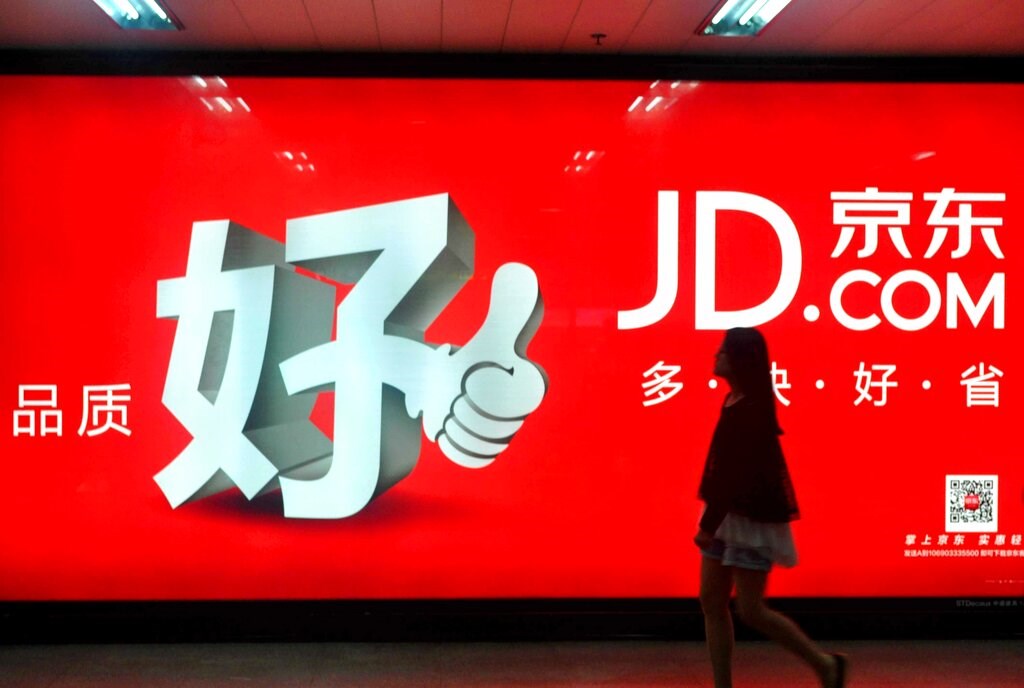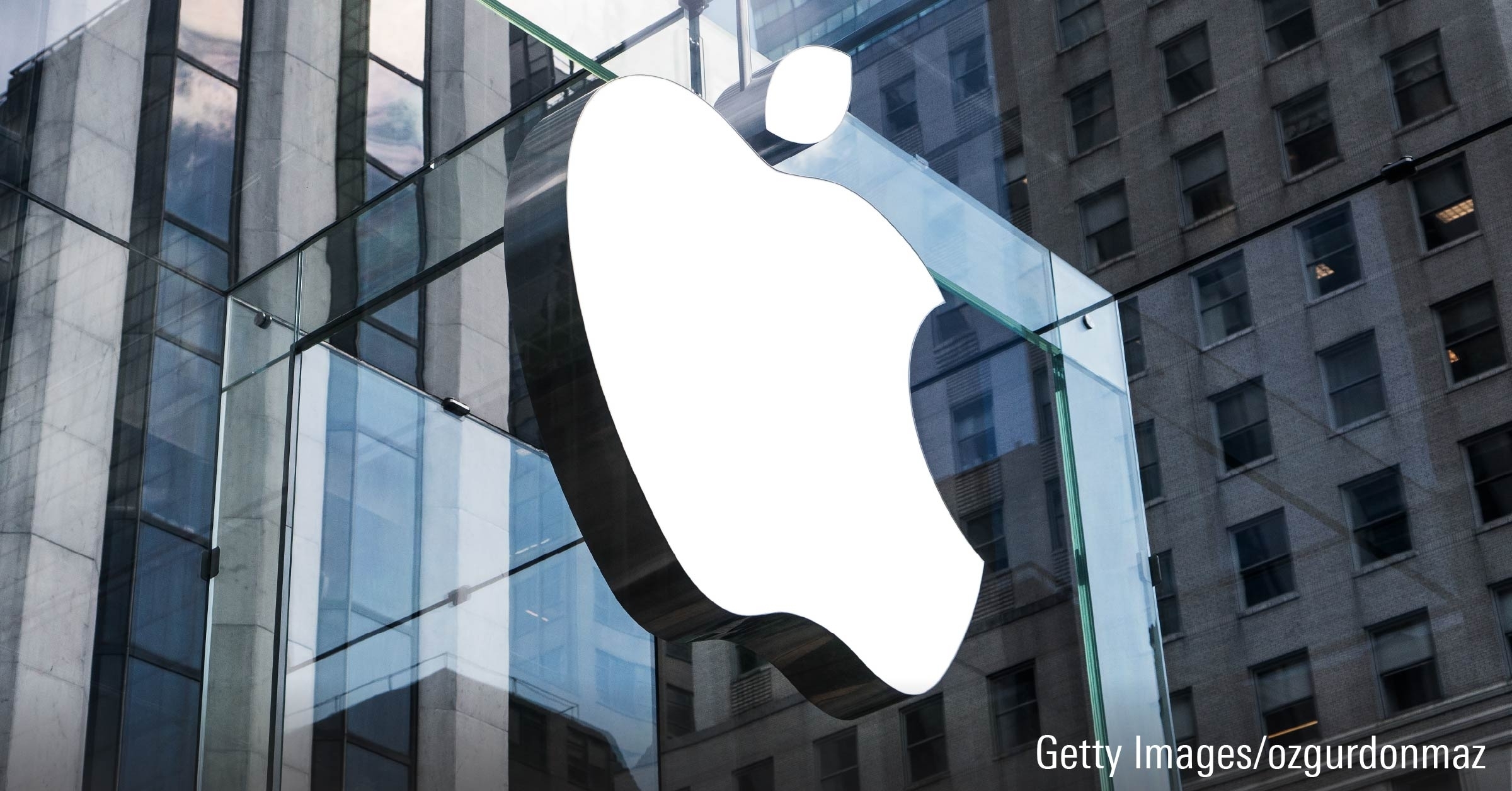Sunniva Kolostyak: Welcome to Morningstar. I'm Sunniva Kolostyak. It's outlook week, and I'm here with my colleague Kate Lin from our Hong Kong office to talk about China and the year that has been. Hi, Kate.
Kate Lin: Hi, Sunniva.
SK: So, I think it's safe to say that Chinese markets have completely changed between 2020 and 2021. We've had Covid-19 at one end and we've had regulatory crackdown at the other. So, can you talk me through why this year has been so different?
KL: Well, there is a very interesting saying in here. So, last year winners are those that owned the most Pinduoduo, TAL Education and those kinds of stocks. So, this year, they wish they avoided them all. But back to what you asked. First, the regulatory crackdown is of course set to be changing the game completely. Secondly, fund managers are telling us the Chinese government is emphasising the "quality" element in their economic growth. Next would be the continued drive for self-sufficiency in advanced technology, and the goal of common prosperity. So, all of these pass on implications for the geopolitical front and the investment front.
SK: So, do you also think this holds true for the property markets considering everything we've seen with Evergrande?
KL: Yeah, absolutely. So, China's economy has been heavily dependent on property development in the last decade. Now, the government is trying to rein in a housing bubble and trying to restrict developers' leveraging. As our manager research analyst has pointed out, government interference has always been there for emerging markets. It's nothing new. So, for a market like China, it is still in the emerging world. The government is always behind the scenes to guide the country's economic growth and development plans.
SK: So, yeah, that kind of growth is obviously why EM is so attractive to investors. If we talk about performance, have you seen a big difference between on and offshore markets?
KL: Yeah, investors may have spotted the discrepancy and gains and losses between the onshore A shares market and the offshore Hong Kong and US ADR markets. So, think about some sectors targeted by the regulators like ecommerce, mobile gaming and education stocks. They are mostly, if not all, are listed in the offshore side of the Chinese capital markets. So, relatively speaking, the onshore stock market is holding up quite well year-to-date. And also, thanks to some of the top performers in renewables and batteries, you can find some of the most interesting names in the A shares markets.
SK: So, if we look at our fund data, what does that tell us? Are fund managers and professional investors returning to the market, do you think?
KL: In fact, the editorial team did an analysis on Morningstar medalist managers. We found that not all Greater China equity managers are avoiding the ecommerce giants completely. So, one of the interesting cases is that a fund that had not been holding Alibaba since June 2020 was returning to the market and rebuilding its position around the third quarter of 2021. Some of the managers are also actually staying put on their JD position through the summer too. So, what I could say is, compared to 2020 it's really hard to put a summary that can describe all of their buy and sell.
SK: Thanks, Kate. From Morningstar, thanks for watching.










.png)










